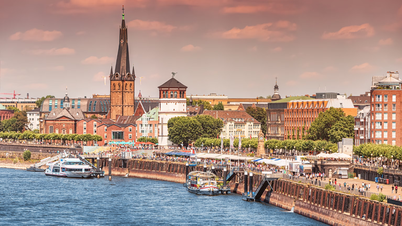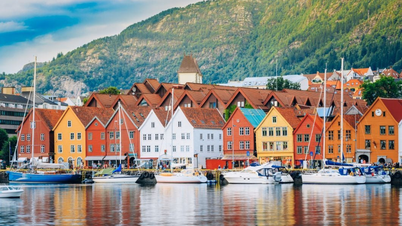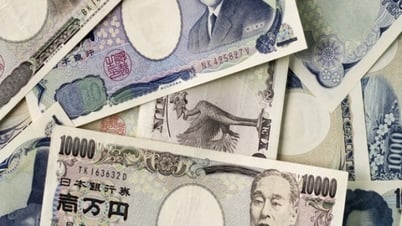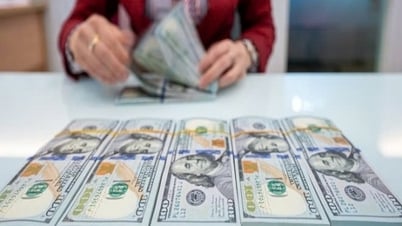Excess supply from renewable energy (wind, solar) has pushed electricity prices in many European countries to negative levels.
Over the weekend, several European countries saw wholesale electricity prices drop below zero for some time during the day. Negative electricity prices typically occur when there is an excess supply of electricity in the market, the Guardian reported.
Renewable energy sources such as wind, solar and hydropower are generating more electricity than is needed and cannot be stored for later use. Meanwhile, heating/cooling demand in Europe has dropped due to comfortable spring temperatures.
In these cases, power producers can offer negative prices to encourage buyers to take excess electricity off the grid, avoiding overloading the system.
The weather is forecast to remain dry and sunny in the UK, Ireland and much of central and northern Europe this week and next. The possibility of negative electricity prices during the day could increase.
Central and northwestern European countries are experiencing a surplus of solar power. Meanwhile, in Finland, rapid snowmelt has left hydroelectric plants with excess output. Electricity prices in Finland fell into negative territory early last week.
In the Netherlands, negative electricity prices are also common during the summer and holidays, especially on windy days. Last month, the price there fell to -739 euros per megawatt hour, as the market was flooded with clean energy.
In addition to electricity, some traders are also predicting that European gas prices will go negative at some point this summer. Gas prices here are currently at their lowest since mid-2021. This year, gas prices on the futures market have fallen by two-thirds, helping to ease the pressure on households.
There are many reasons for the drop in gas prices. These include increased imports of liquefied natural gas (LNG) to replace supplies from Russia, unusually warm winter weather that has kept consumption from rising sharply, and the gloomy economic situation in major consumer markets such as China and Germany.
Ha Thu ( according to Guardian, Bloomberg)
Source link









































































































Comment (0)